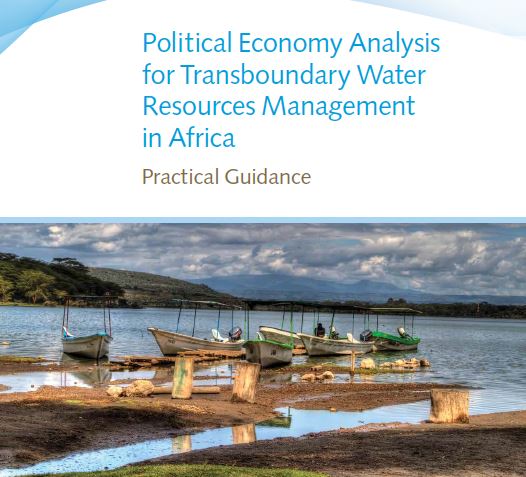Political Economy Analysis for Transboundary Water Resources Management in Africa Practical Guidance
It is widely acknowledged that political and economic incentives influence the effectiveness of development programming, and responding to this, aid agencies have explored ways of adapting their engagements to context to achieve better results (see Box 1.1). Initial efforts of the international development community have focused on how to carry out strong, operationally relevant political economy analysis (Fritz, Levy, and Ort 2014; Harris and Booth 2013). Such analysis aims to understand how power is exercised, how decisions are made, and what incentives stakeholders face (Harris and Booth 2013). It explores how political and economic systems influence each other by examining structural factors, historical legacies, and formal and informal institutions that jointly shape the “rules of the game,” as well as sources of economic rents and how they are distributed (set out in Chapter 3). Political economy analysis can provide World Bank task teams with an opportunity to systematically understand the dynamics that shape the regions, countries, and organizations with which they work. Rather than take a normative view focused on how systems should work, political economy is interested in how systems function in practice and why. Analytic work can reveal capacities and systems that support pockets of effectiveness or have produced successful reforms in the past. It can also help reveal the underlying logic behind seemingly irrational policy decisions or apparently dysfunctional institutional arrangements. This in turn provides the basis for thinking about how to work with, around, or gradually reshape existing systems to achieve developmental policy goals.
